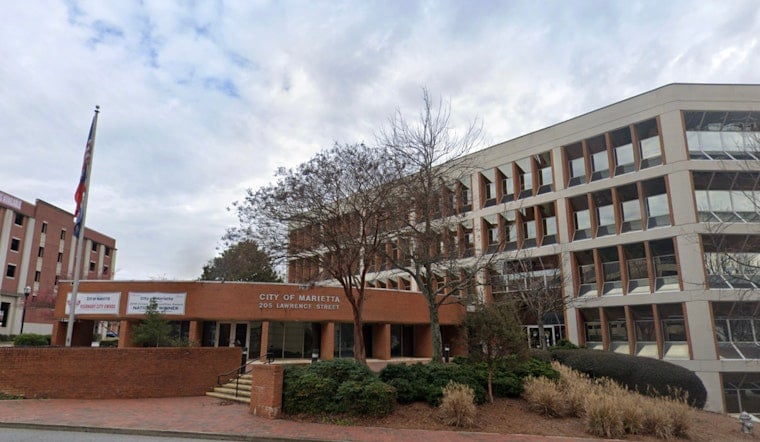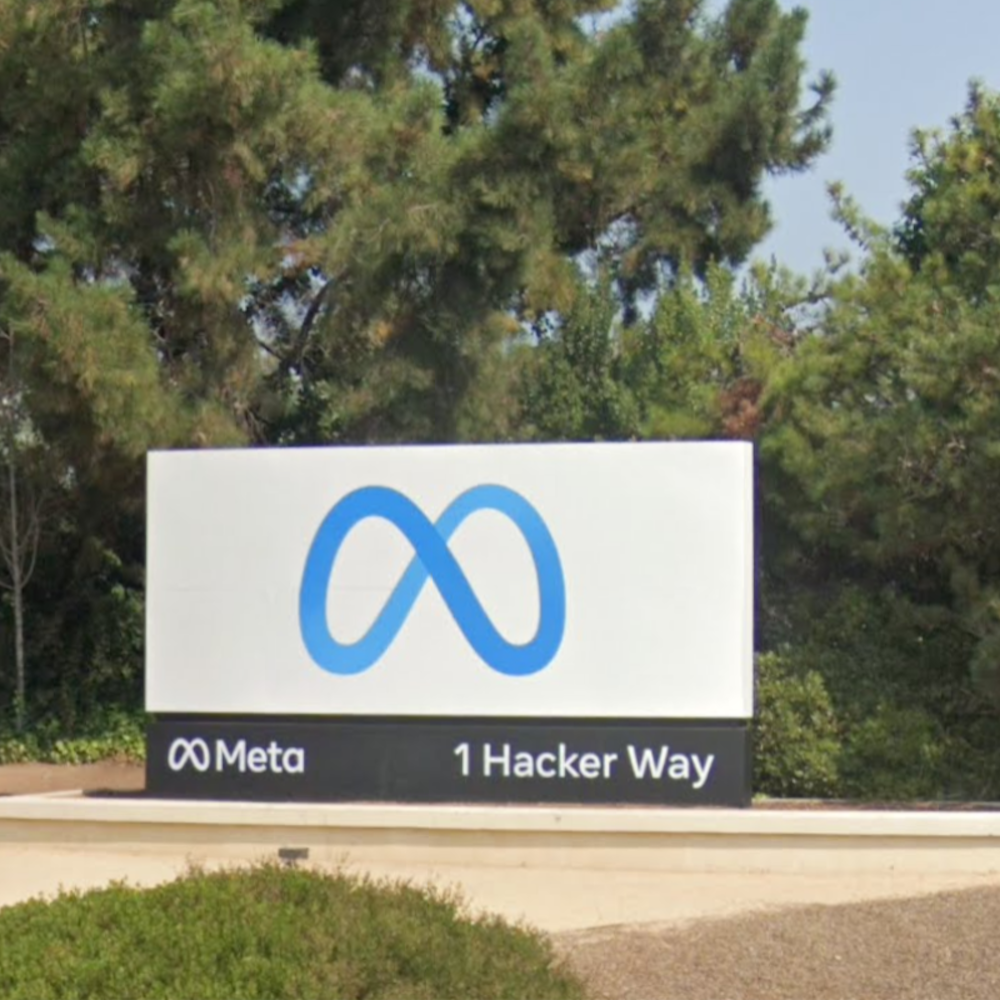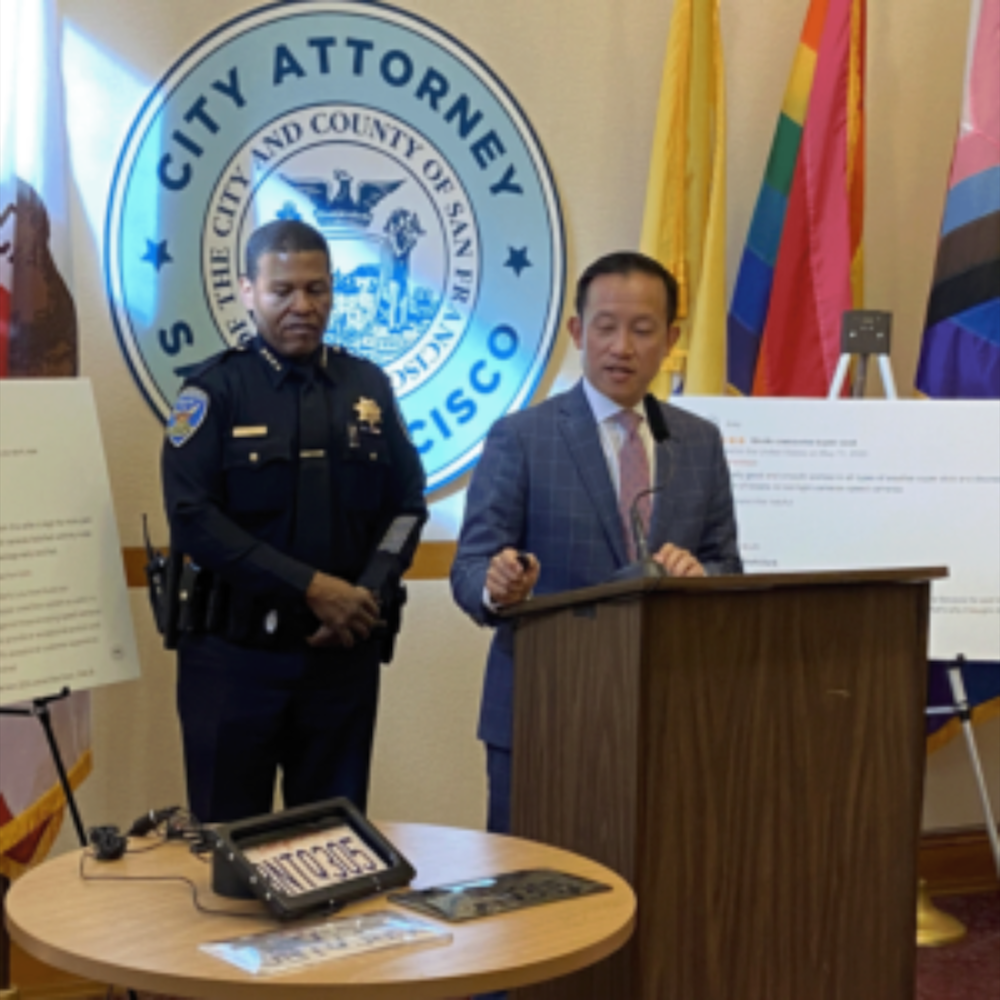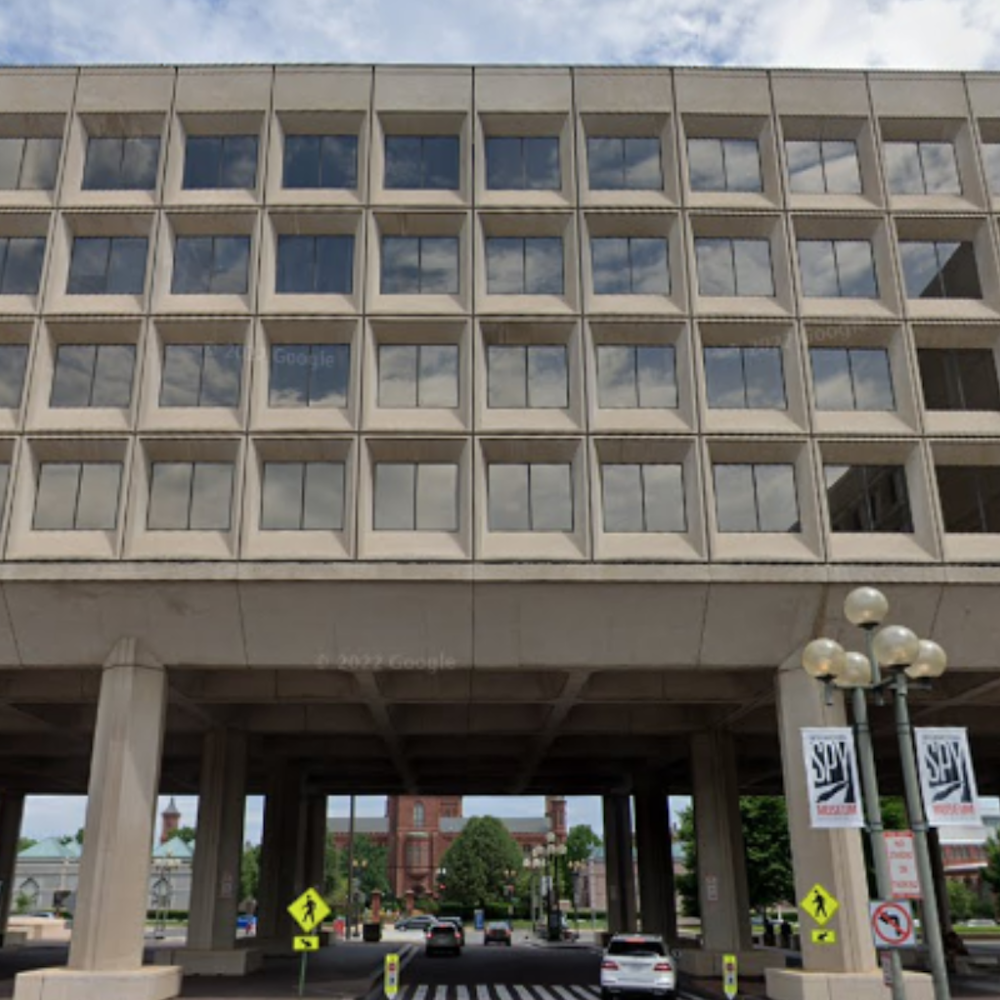
Taxpayers in Cobb County are looking for clarity as county officials and six cities find themselves tangled in a complex negotiation over service delivery strategies ahead of an October 31, 2024 deadline, struggling to reach a consensus that would prevent residents from being taxed twice for the same services. According to a recent statement from the county, the Service Delivery Strategy (SDS) is mandated by the state every ten years to outline which local government entity provides which services and how they're funded.
The negotiations, ongoing since March 2023, are convoluted with both sides trying and failing to land on the same page, the county has engaged Balli Law to help mediate the process, agreeing with the cities that the core issue is to ensure no double taxation, but disputes remain over financial assessments and service outlines. November came, and the two sides agreed to hire Balli Law for some legal muscle on the matter—the county shares the cities' sentiment that it's about "making sure we don’t double tax citizens for the same services," whether they lie within city borders or the wider sprawl of unincorporated Cobb.
Trouble sparked after the county hired a consultant to ensure fair funding for services which implied that city dwellers weren't bankrolling the unincorporated zones and vice versa - yet, the cities mistook the report as an official proposal by the county. A county-led review previously concluded that there was no foul play in how city and unincorporated area services were funded, which should have settled the dust, but the cities have returned fire, demanding more money in their pockets, based on a Georgia Municipal Association formula that was never meant to govern such payouts.
Reports of discord over financial matters hint at an undercurrent of mistrust between governments with the city's vision for funding appearing to be a bone of contention—tensions run high, and as stated in the county's recent clarification, the cities' own proposals hinge on modifying a formula that's not even designed to handle a direct cash transfer between the government layers, and the sticking point remains the list of services each city provides, which the cities have not completed as promised.
In light of the negotiations, local governments might opt for intergovernmental agreements (IGA) focused solely on "joint services, for the provision of services, or for the joint or separate use of facilities or equipment," but the county stands firm on the principle that "any exchange of funds is to pay for those services" and handing out extra cash just doesn't square with fair taxpayer treatment. The county's argument is clear: straightforward donations from county coffers ain't the way to go, and as deliberations continue, the goal remains to strike a deal that's just and equitable for all taxpayers involved.









